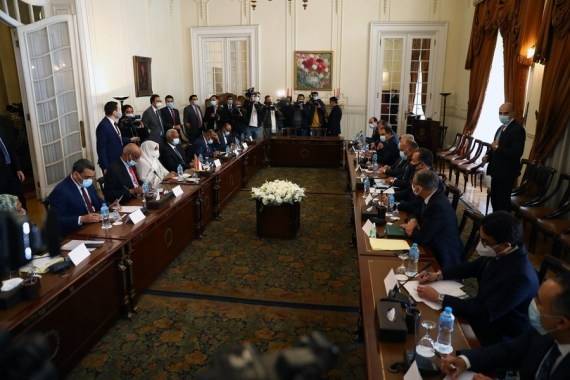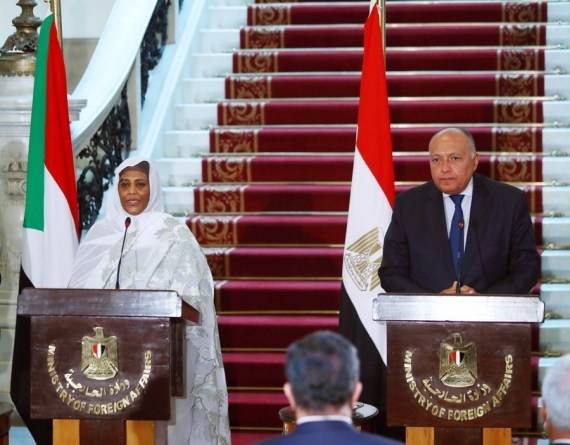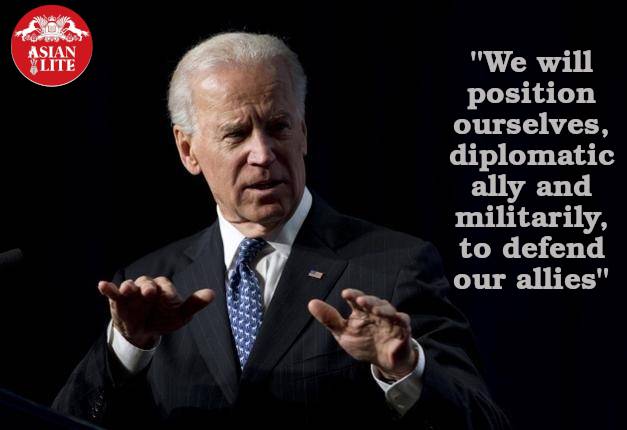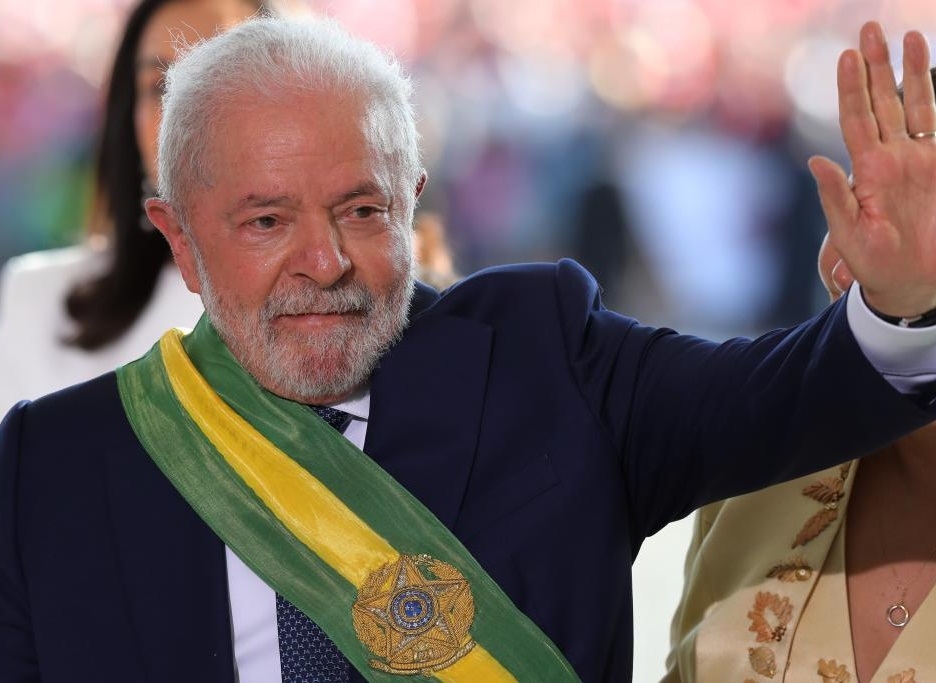They highlighted the importance of reaching a binding legal agreement on filling and operating the Grand Ethiopian Renaissance Dam (GERD) that would meet the interests of the three countries…reports Asian Lite News
Egyptian Foreign Minister Sameh Shoukry and his Sudanese counterpart Mariam al-Sadiq al-Mahdi stressed that Ethiopia’s possible second phase filling of the Nile dam unilaterally would pose a direct threat to water security of the two nations.
The remarks came during the two Ministers meeting here on Tuesday, where they tackled a number of issues of common interest, according to a joint press statement.
They highlighted the importance of reaching a binding legal agreement on filling and operating the Grand Ethiopian Renaissance Dam (GERD) that would meet the interests of the three countries, preserve the water rights of Egypt and Sudan, and limit the damages of the project to the two downstream countries, Xinhua news agency reported.
Shoukry and his Sudanese counterpart also stressed that they have political will and a serious desire to achieve this goal at the earliest possible opportunity, urging Ethiopia to show goodwill and engage in an effective negotiation process.
GERD negotiations

They also expressed appreciation for the efforts made by South Africa during its presidency of the African Union in guiding the path of the GERD negotiations.
The two Ministers affirmed that their countries adhered to the proposal made by Sudan and supported by Egypt on developing the negotiation mechanism sponsored by the African Union through the formation of an international quartet led and managed by the Democratic Republic of Congo (DRC), the current chair of the African Union.
Ethiopia started building the GERD in 2011, while Egypt is concerned that the dam might affect its 55.5-billion-cubic-meter annual share of the Nile water.
Sudan has recently been raising similar concerns over the $4 billion dam.
Over the past few years, tripartite talks on the rules of filling and operating the GERD, with a total capacity of 74 billion cubic meters, have been fruitless, including the early ones hosted by Washington and the recent ones by the African Union.









